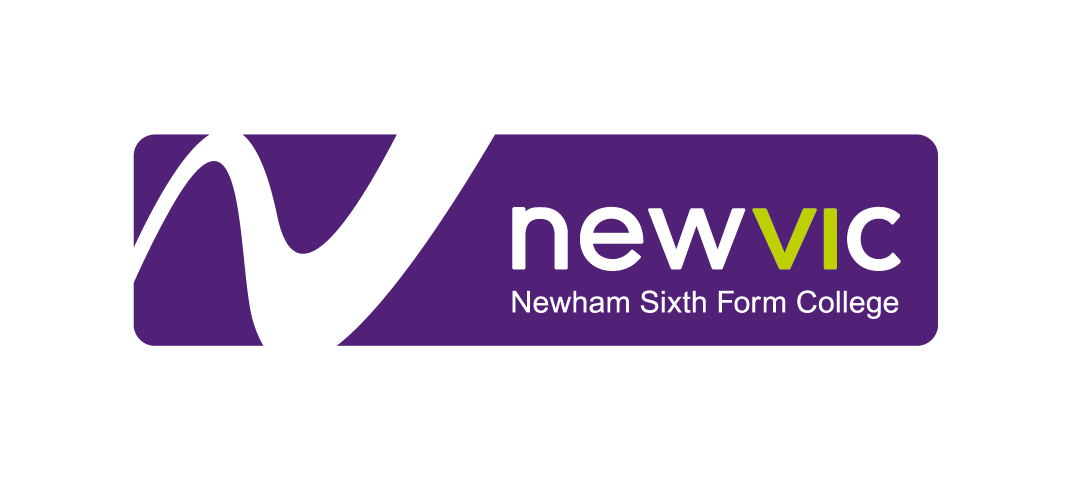English Language
A LEVEL (AQA)
On this course, you will examine the different types of language that are used around you, from formal prose to political speeches, from chatting to friends to 'new', emerging areas of communication such as the language used in social media. You will study how language varies from one place to another, as well as between different social groups and situations. The course includes textual analysis and understanding the structure of English, how English emerged and how it is changing. You will develop your analytical skills to enable you to understand various spoken and written texts. You will also examine how language is acquired from infancy and how words develop various meanings over time.
Key topics
developing and applying your understanding of the concepts and methods appropriate for the analysis and study of language
exploring data and examples of language in use
engaging creatively and critically with a varied programme for the study of English
developing your skills as producers and interpreters of language
You will
study language by exploring textual variety and children’s language development
explore language diversity and change over time
study the key concepts of audience, purpose, genre and mode, and explore language in its wider social, geographical and temporal contexts
explore processes of language change: this part of the subject content also requires study in social attitudes to and debates about language diversity and change
develop and reflect upon your own writing expertise
pursue a study of spoken, written or multimodal data, or a mixture of text types, demonstrating knowledge in areas of individual interest
-
A minimum of 5 GCSEs (average score of 5)
These must include:
English Language at grade 6
Maths at grade 4
-
Assessment methods include:
Exams
Coursework
-
This course can be taken as part of an A Level programme.
We recommend that students choose three A Levels or a combination of Level 3 Extended Certificates and A Levels. Depending on your GCSE grades and long-term destination, some students may be able to take up to four A Levels.
If you are planning on progressing to university, the majority of university courses do not require specific subjects. Most universities prefer that you are able to demonstrate skills and competence via the successful completion of related courses. Therefore we recommend that the most important thing when choosing course combinations is that you choose a range of subjects that your enjoy and excel in.
We do not recommend that your take two courses that are similar to each other in content.
Some courses and universities require that you take specific A Levels for entry onto their courses. Please visit: UCAS.com and explore individual university entry requirements for more information.
If you are planning on studying Medicine, Veterinary Science, Dentistry or other competitive science based courses, most universities require you to take Biology, Chemistry and either Maths, Statistics or Physics.
If you want more information on choosing your A Levels, please speak to your schools career advisor or chat to us at any of our careers or open day events.
-
Prepare to join a department that prides itself on creativity and high academic standards. Work with a range of professionals who challenge and inspire you.
EXCELLENT RESULTS
English achieves 100% pass rates at A Level and has the best GCSE English results locally for a sixth form college. English will give you the language and written communication skills needed to thrive in all other subjects.
As a language, English has a very rich literary heritage as regards to poetry, short stories, novels and plays and this is a fascinating aspect of the subject that is explored in A level English.
UNIQUE PARTNERSHIPS
Kings College Classics Programme
Kings College Historical Memory and Identity Programme
Wadham and Pembroke Humanities Programmes with Oxford University
Links with Oxford and Cambridge Historians
SOAS Holocaust Educational Trust
EPQ with Greenwich University
Cromwell Society
Historical Association
Geography Association
French Cultural Institute
Investec
Bank of England
Stephen Timms MP
Friends of the Earth
Parliament Education Services
INSPIRATIONAL ACADEMICS
The English team consists of experienced journalists, musicians, poets and have experiences teaching overseas in countries such as Azerbaijan and Turkey.
You will learn from experts with academic qualifications including Masters degrees in a range of subjects including philosophy, linguistics, media and communications, enabling your lessons to be taught at a high level throughout your studies.
Outside of education the English team have professional experience in a range of industries including journalism and music with a member of staff working as a sound engineer in a top 20 hit pop song. Members of the team also perform as musicians and have played in various rock bands in London. They are also interested in a wide range of topics such as the link between literacy and music.
-
Whatever support you need, we’re here for you and will make sure you get the most out of your time at college.
We have expert teams in place to look after every single one of our students.
Our specialist teams can help with:
Learning difficulties
Physical and sensory disabilities
Dyslexia, Dyspraxia, ADHD, Aspergers or other specific learning difficulties
Mental health, counselling and wellbeing
Exam access arrangements
Money, finance and bursary advice
Careers advice, job and university applications
-
English Language is a useful A-level that can be applied to a number of career routes and university courses. It is essential if you are hoping to progress into journalism or publishing.
It is also beneficial for other essay-based subjects, such as history, law or the social sciences.
-
The Complete University Guide give university rankings each year. If you are planning on progressing to university, find out which universities are ranked most highly for English.

